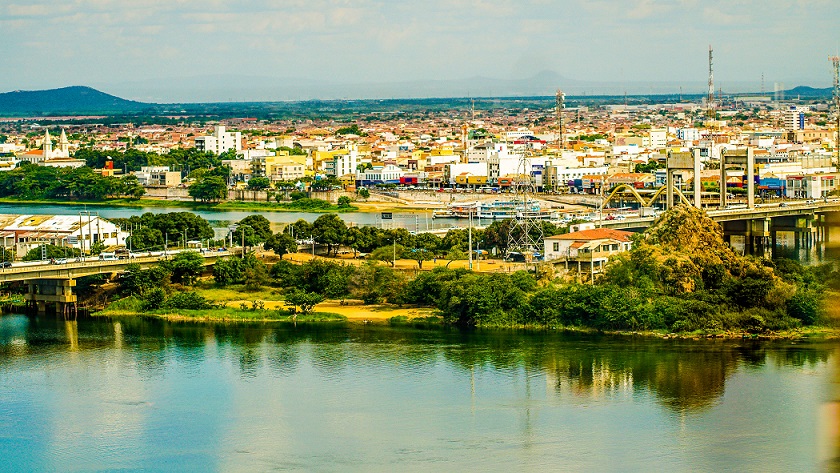A Brazilian Federal Government initiative is utilizing a Cisco (Meraki) high-speed connectivity solution to benefit about 266,000 students from 473 public and urban schools across the country.
This project’s challenge is to offer broadband Internet with very high speed and provide training for education professionals as well as digital educational resources for students and workers from 473 public and urban elementary schools, in six cities in four states in the Northeast region.
The Connected Education pilot project was developed by the Brazilian Federal Government through the Ministries of Education (MEC), Ministry of Science, Technology and Innovation (MCTI) and implemented by the National Research Network, in partnership with Bedu.Tech, a technology company specialized in providing cloud computing, integration and infrastructure services.
In collaboration with RNP, the company is implementing the entire Wi-Fi network that will bring wireless Internet to the school environments with monitored management and security.
To ensure quality, the solution adopted was from Cisco (Meraki), a complete network architecture managed 100% in the cloud, which includes wireless technology, switching, security (UTM) and mobile device management (MDM), all centralized through a cloud control panel.
Roberto Oguma, General Director, Bedu.Tech, said: “We use state-of-the-art technology to meet the need for excellence in the final result.”
According to him, the quality of the equipment and the company’s team of network technicians have made all the difference.

“The customized installation, which takes into account the needs of each school combined with a three-year full support guarantee, gives local managers confidence and peace of mind,” said Oguma.
Bedu.Tech will also carry out maintenance that includes technical assistance in many situations, such as cable breakage, connectivity problems and even difficulties with any type of equipment configuration in the classroom.
In the deployment, the project was divided into two major fronts called internal networks (executed by Bedu.Tech) and external networks, the latter made through technical co-operation agreements between RNP and the local providers, responsible for the construction of the stretches within cities with the deployment of fiber optics from the backbone and RNP’s metropolitan network to the participating schools.
This stretch of the project has working guarantees ranging from 10 to 20 years.
Pilot project
The project includes about 1,000 teaching units. A group of 473 units will participate in this first phase. Bedu.Tech completed the installation of the entire internal infrastructure for full operation of the wireless network in about 325 units.
Of this total, 85 units are completely ready (internally and externally) to be launched, according to information from RNP.
All the steps of the project will serve as a kind of proof of concept (PoC) in which a group of evaluators analyzes the set of actions performed, including infrastructure analysis.
The work developed in the implementation of the Connected Education project may result in a national reference directive, a kind of guide on best practices for the application of technology in schools throughout Brazil.
Connected Education is designed in three phases:
- Induction for the development and implementation of the program with established goals to reach 44.6% of basic education students.
- Expansion (2021) with the target to 85% of basic education students and the beginning of the evaluation of results.
- Sustainability (2022 to 2024) reaching 100% of basic education students, making the program a public policy.
Helber Vieira, Assistant Secretary of Basic Education, said: “Technology has definitely become an ally of teachers and the learning process. At this time where students are returning to classes and are engaged, connectivity and digital educational resources will allow the expansion of educational time and spaces.
“The student could now review classes with the help of technology at any time or the teacher can use tools for visiting a museum in Europe in a history class.”
Universalization
The pilot project, developed by MEC, is aligned to what the Connected Education Innovation Policy requires, which aims to spread the universalization of high-speed Internet access and the pedagogical use of digital technologies in basic education.
Connected Education involves a series of partners at the federal, state and municipal levels and will benefit about 266,000 students in the cities of Caicó (RN), Campina Grande (PB), Caruaru (PE), Juazeiro (CE), Mossoró (RN) and Petrolina (PE).
About Bedu.Tech
Bedu.Tech is a company specialized in providing cloud computing, integration and educational technologies services, which emerged to meet the needs of customers to innovate their business through Digital Transformation. With a strong presence in the education and government segment, the company offers Cisco IP Solutions, Ciena Optical Solutions, Educational Technologies and Google Cloud Computing.


